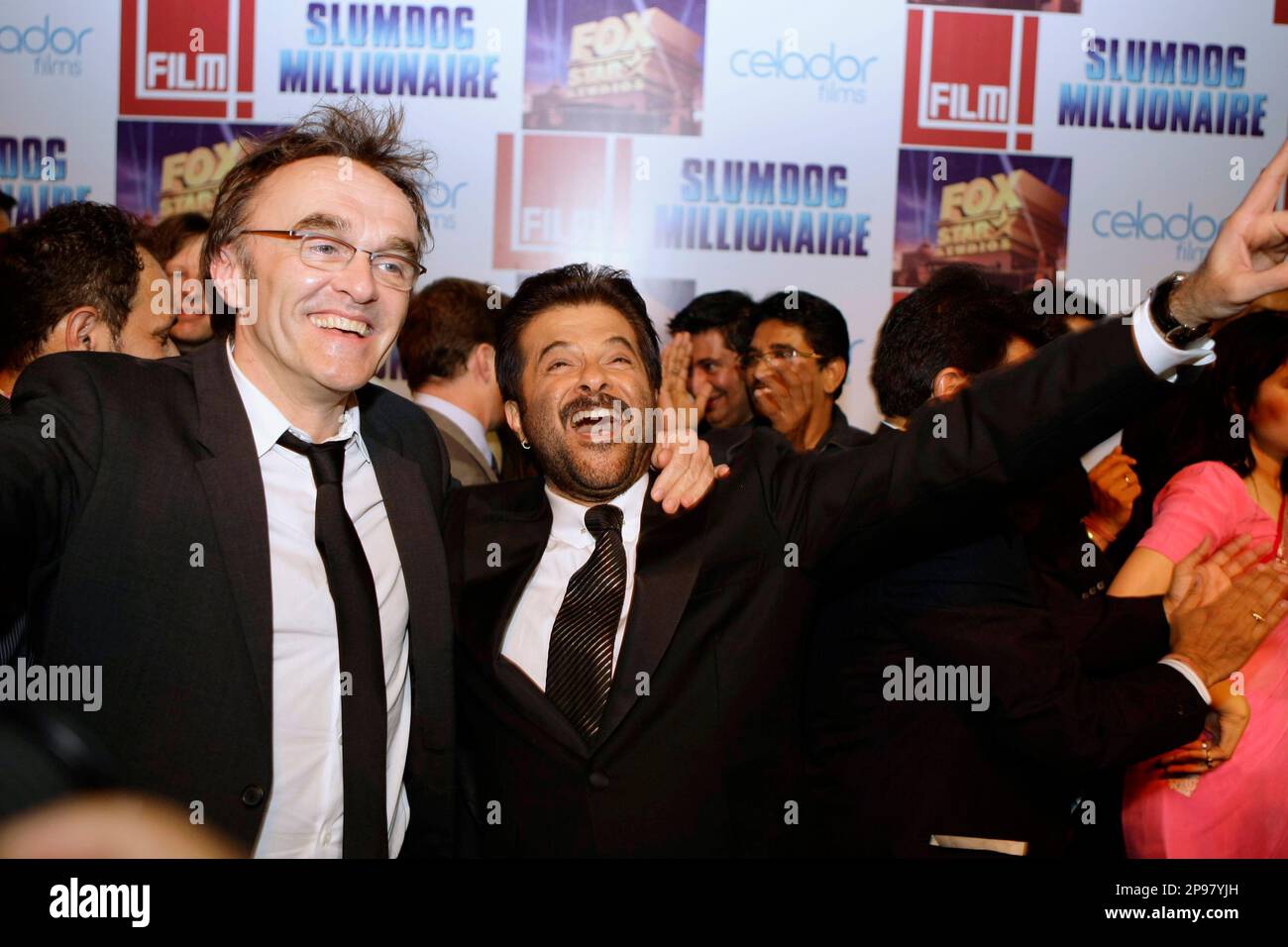
Introduction
Danny Boyle is an acclaimed British director whose groundbreaking films have left an indelible mark on contemporary cinema. His works have garnered numerous prestigious awards and nominations, solidifying his status as one of the most celebrated filmmakers of our time. This article will critically examine the complexities of the awards and nominations received by Boyle, exploring their significance and the insights they offer into his artistic vision and cinematic legacy.
Awards Received
Academy Awards
Boyle has won three Academy Awards: Best Director and Best Film for Slumdog Millionaire (2008), and Best Original Screenplay for Boyle (2005). Slumdog Millionaire‘s triumph marked a milestone for Boyle, propelling him to international recognition and cementing his reputation as a director of exceptional talent.
British Academy Film Awards (BAFTAs)
Boyle has received eight BAFTA Awards, including Best Director for 127 Hours (2010) and Slumdog Millionaire. His films have consistently been recognized by BAFTA for their technical prowess, innovative storytelling, and cultural impact.
Golden Globes
Boyle has won one Golden Globe Award, for Best Director for Slumdog Millionaire. This award solidified Boyle’s position as a global filmmaking force and further enhanced his reputation within the Hollywood establishment.
Nominations and Significance
戛纳电影节
Boyle has been nominated for the Palme d’Or at the prestigious 戛纳电影节 four times, winning once for Trainspotting (1996). These nominations demonstrate the critical acclaim and recognition that Boyle has received from international film critics.
Venice Film Festival
Boyle has been awarded the Golden Lion at the Venice Film Festival twice, once for Beautiful (2000) and again for 127 Hours. These accolades further highlight the international standing of Boyle’s films and their ability to resonate with audiences worldwide.
Toronto International Film Festival (TIFF)
Boyle has been awarded the People’s Choice Award at TIFF twice, for Slumdog Millionaire and 127 Hours. These awards reflect the strong connection that Boyle’s films have with audiences, solidifying his status as a filmmaker with a unique ability to entertain and inspire.
Critical Perspectives and Analysis
Artistic Vision and Cinematic Style
The awards and nominations received by Boyle are not merely accolades but also a testament to his distinctive artistic vision and cinematic style. His films are characterized by a raw, emotional intensity, an innovative use of sound and music, and an unflinching exploration of human themes. Boyle’s ability to create immersive, visceral, and unforgettable cinematic experiences has earned him critical acclaim and audience adoration.
Cultural Impact and Social Commentary
Boyle’s films often delve into complex social issues, such as poverty, inequality, and identity. Slumdog Millionaire, for example, shed light on the lives of the marginalized in Mumbai, while 127 Hours explored the themes of resilience and the human spirit. Boyle’s films have the power to provoke thought, empathy, and a deeper understanding of the world around us.
Collaboration and Creative Partnerships
Boyle has consistently collaborated with talented actors, writers, and crew members, fostering a collaborative environment that has contributed to his artistic success. His long-standing partnership with writer John Hodge has resulted in several award-winning films, including Shallow Grave (1994) and Trainspotting. Boyle’s ability to bring together diverse talents and create a cohesive artistic vision is a testament to his leadership and creative acumen.
Conclusion
The awards and nominations received by Danny Boyle serve as a testament to his exceptional talent as a filmmaker. They recognize his innovative artistic vision, cinematic prowess, and ability to create works that resonate with audiences worldwide. Boyle’s films have not only entertained but also challenged, inspired, and provoked thought, leaving a lasting legacy in the annals of cinema.
Reflection on Broader Implications
Boyle’s achievements highlight the importance of artistic freedom, collaboration, and the pursuit of excellence in filmmaking. His films have the power to transcend boundaries, spark conversations, and create a deeper understanding of human experience. They remind us of the transformative power of cinema and its ability to bring people together and make a positive impact on the world.
